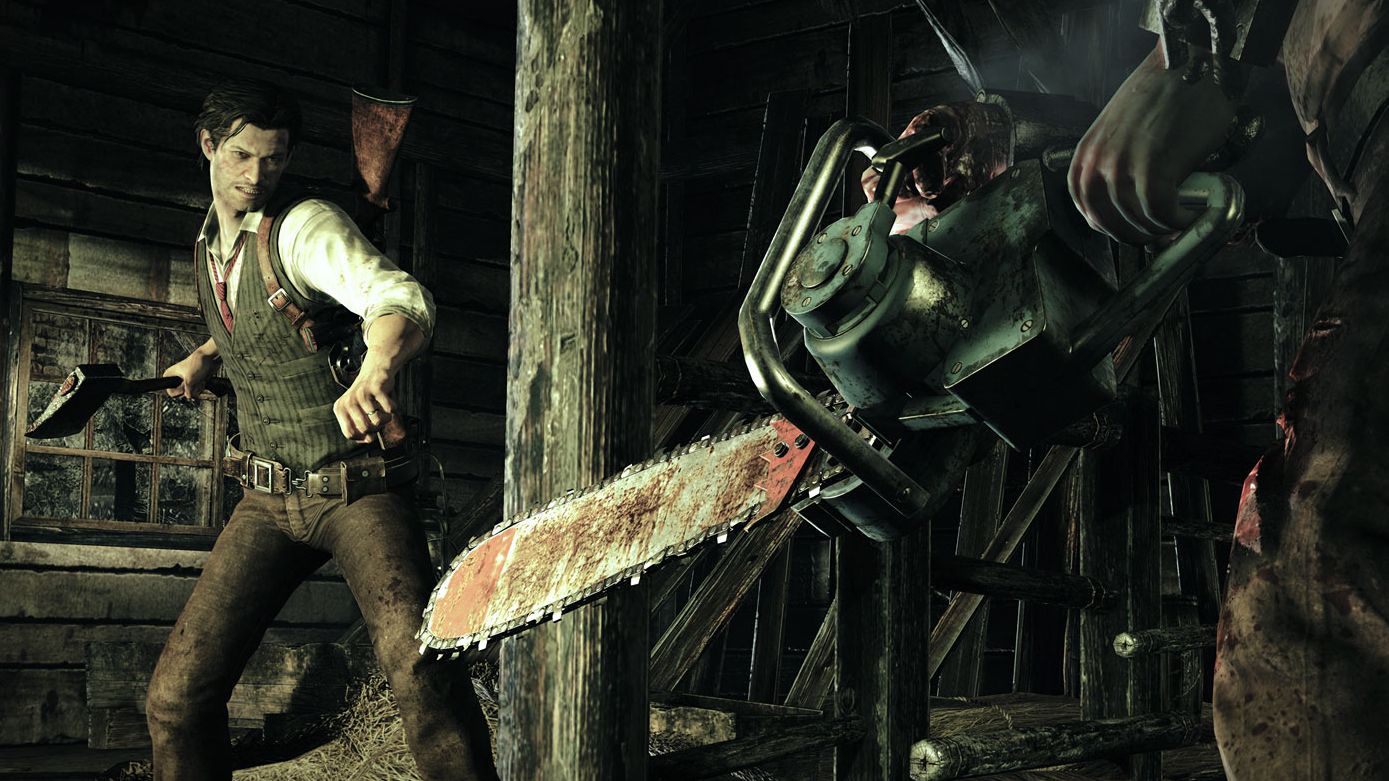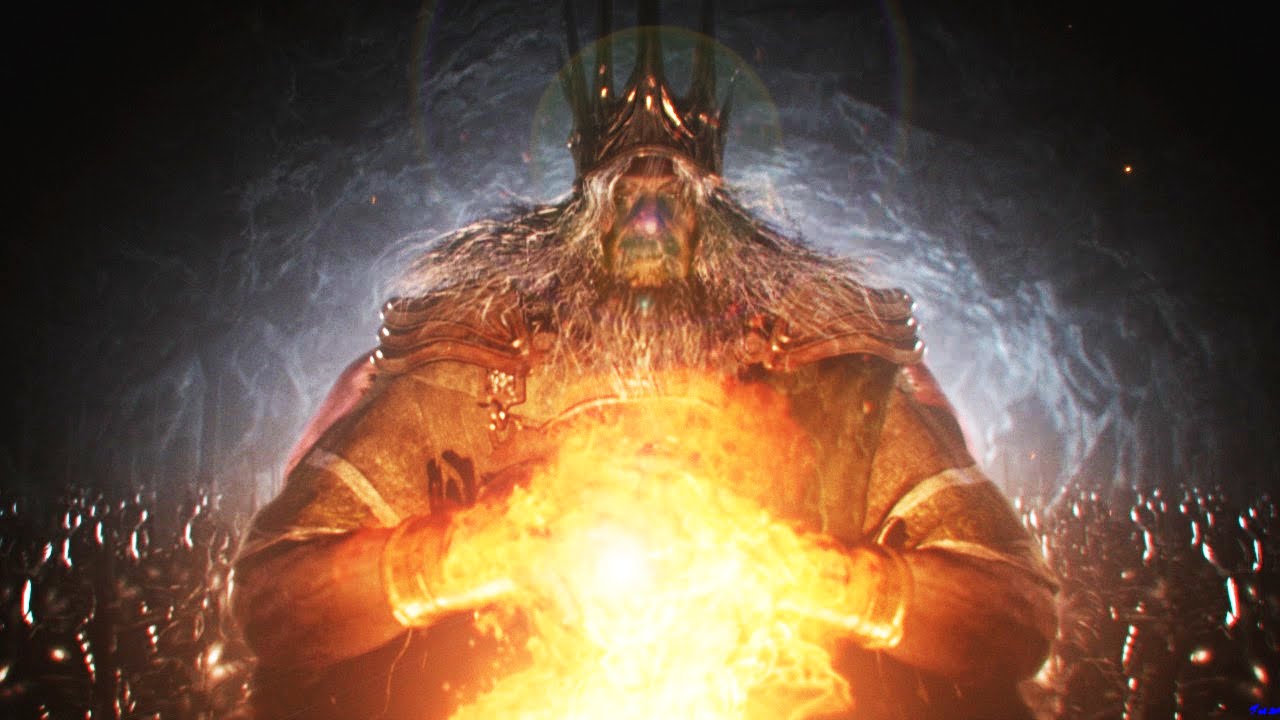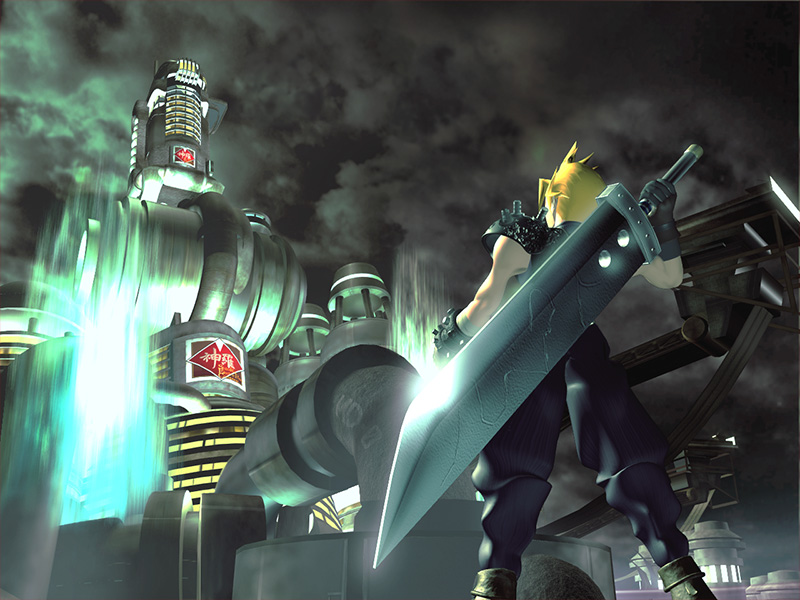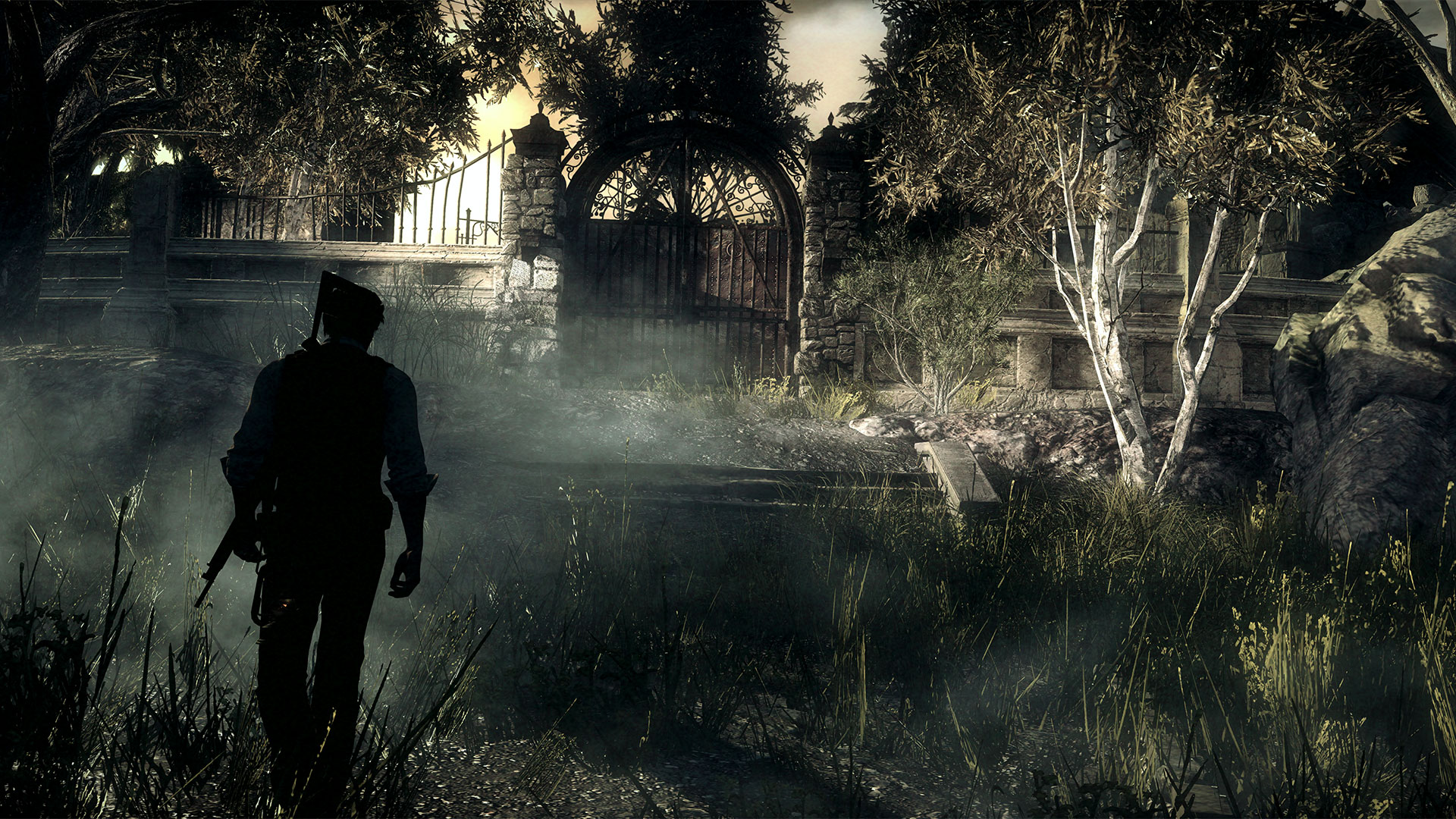Why I love giving forgotten games a second chance
Praise the prodigal sun.


In Why I Love, PC Gamer writers pick an aspect of PC gaming that they love and write about why it's brilliant. Today, Joe relishes returning to once abandoned adventures.
What's your most memorable game-related 'spitting the dummy' moment? We've all had them, those blood-boiling occasions where you've thrown a hissy fit, tossed your toys out of the pram or had kittens—where you've abandoned a game before seeing it through to completion for the sake of your sanity.
From a personal perspective, one particular example that stands to mind involves Final Fantasy 7's Materia Keeper. Stationed atop Mount Nibel's winding walkways, this tenacious, fire-absorbing, 8,400 HP-boasting scorpion-like creature proved so much of an insurmountable challenge for my clearly well underpowered squad of Cloud, Red 13 and Aeris at the time, that I walked away from Squaresoft's brilliant Japanese roleplayer entirely. I missed the latter's death, the former's showdown with Sephiroth, flying to space, saving the planet—the lot.
It took me four years thereafter to set foot in Midgar again. And I'm so very glad that I did.

I've since had a few more pretty spectacular instances of videogame abandonment—not least Dark Souls via its bastard-hard corridor-stomping Taurus Demon, Fallout: New Vegas as a result of its initially underwhelming Mojave Wasteland setting, and The Elder Scrolls 4: Oblivion because, well, it wasn't Morrowind. As far as excuses go, I'm well aware these are pitiful, however I don't for a second regret my decision to ditch their fanciful grounds. You see, if I hadn't, there's a good chance I wouldn't have returned to them at all.
It's worth noting that I'm not the type of player who particularly enjoys arbitrarily replaying games. A few special ones have drawn me back in with their charm and/or brilliance over the years, but once I've watched the credits roll—be that after first or second or third return—that's normally it for me. One particular exception to this rule, I've recently found, is Tango Gameworks', Shinji Mikami-directed The Evil Within.

As a long-standing fan of the survival horror genre, not least Mikami's work on the Resident Evil series, I was certain I'd love The Evil Within pre-release. All of its trailers, screens and teasers suggested this was A Thing I'd Like, but when I finally got my hands on the graphic, uber-violent and supernaturally-leaning scare 'em up I was grossly underwhelmed. I couldn't fathom why, but something just did not click with me and so The Evil Within was resigned to my 'completed games that I'll almost certainly never return to' vault. Or so I thought.
On a whim after watching The Evil Within 2's typically unsettling E3 reveal trailer, I decided to venture back into Sebastian Castellanos' multi-chaptered nightmare, ahead of the former's October 13 arrival. Unlike some people I've spoken to who struggled with the original game, I'd seen it through to the end the first time round: I'd bested the chainsaw-wielding barn-dwelling brute, and set the Ring-esque multi-limbed lady alight. Having spent the last few weeks retracing my steps across Krimson City and its parallel otherworld, I'm, somewhat surprisingly, absolutely loving it.
Keep up to date with the most important stories and the best deals, as picked by the PC Gamer team.
And I don't really know why. During my first playthrough I played with the game's awkward preset letterbox mode turned on; I'm doing the same now. During my first playthrough I eschewed stealth in favour of offensive tactics; the same applies here. During my first playthrough I struggled with the game's clunky controls and archaic aiming system; this is most certainly the case today.
Have you ever watched a movie, found yourself disinterested, but then upon rewatching some ways down the line have found that your opinion has completely changed? That's the best I can do to describe my unlikely rekindled and endearing relationship with The Evil Within.
Having now arrived at the game's seventh chapter, I'm just about halfway through The Evil Within's nightmare-driven universe. To be as excited by it in the same way I would a game that's fresh and new is a novel feeling indeed—but is nevertheless one which makes me wonder: is it worth returning to games I've perhaps harshly written off the past? I can't say for sure, but I'd be lying if I said I wasn't curious.

